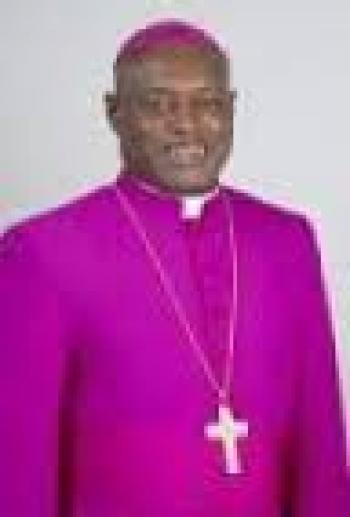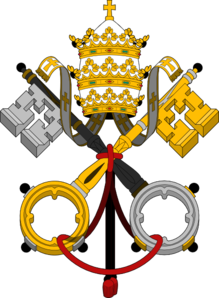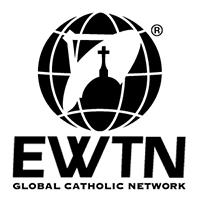
Ethnic colouration of Religion has been described as a major challenge to the principles and teachings of the Catholic Church on interreligious dialogue and ecumenism. This assertion was made by the Auxiliary Bishop of Abuja Archdiocese, Most Rev. Anselm Umoren MSP, in his presentation at the International Colloquium on the Catholic Church and Pentecostalism, held recently at the Daughters of Divine Love Retreat and Conference Centre (DRACC), Lugbe, Abuja.
Speaking on the topic: The Lasting Challenge of Mission and Dialogue in Nigeria, Bishop Umoren declared: “The type of religiosity found in Nigeria is intrinsically connected to diverse traditional and cultural practices consistent with experiences of social evolutions in a changing world.’
He contended that in-spite of the attempts of the expatriate missionaries to highlight some of these cultural issues; the ethnic colouring of religion has constituted a major problem for the Church in the areas of interreligious dialogue and ecumenism, as observed by the Catholic Bishops Conference of Nigeria in the document Call to Mission, issued in 2011.
Bishop Umoren pointed out that “Although Nigerians are religious people, the same religiosity has posed unprecedented difficulties in the nation.” He however noted that on the intervention of the Second Vatican Council, each local church has been encouraged to address these challenges in the context of the local situation. He however added that effective evangelization in Nigeria can only be possible by witness to dialogue in mission.
The Auxiliary Bishop of Abuja who spoke extensively on the great mission of evangelization as directed by our Lord Jesus Christ; how mission and dialogue relate; dialogue among Christians; Challenges for mission and dialogue in Nigeria and political ways of ensuring respectful dialogue in Nigeria emphasized: “If mission must attempt to realize its objectives in Nigeria, the unity of Christians is very essential. This is why ecumenism is at the centre of the Church’s identity”.
On the issue of the challenges for mission and dialogue in the country, Bishop Umoren identified: the challenges of theology, ecclesiastical, doctrinal, pastoral, socio-cultural and historical challenges as the factors responsible for this challenges, especially in relationship with the Pentecostals.
Using several references to buttress his points, Bishop Umoren spoke on practical ways of ensuring respectful dialogue in the country; noting that: “Mission and dialogue are two intrinsic dimensions of the life of the Church”. He added; “To effectively carry out these tasks, Christians must strive to build relationships of respect and trust with people of all religions, in particular at institutional levels between churches and other religious communities, engaging in on-going interreligious dialogue as part of their Christian commitment.”
Bishop Umoren concluded that to achieve the desired perspective, Christians must be encouraged to strengthen their own religious identity and faith “while deepening their knowledge and understanding of different religions, and to do so also taking into account the perspectives of the adherents of those religions.”
He added that governments should ensure that freedom of religion is [orperly and comprehensively respected, recognizing that in many countries , religious institutions and persons are inhibited from exercising their mission. The challenge before us is for us to continue to talk together, work together and walk together. We have a religious and moral duty to bear common witness before the world about the beauty of believing in God.”
Source: CSN
| |
|
| |
|
See Other News & Events »

















